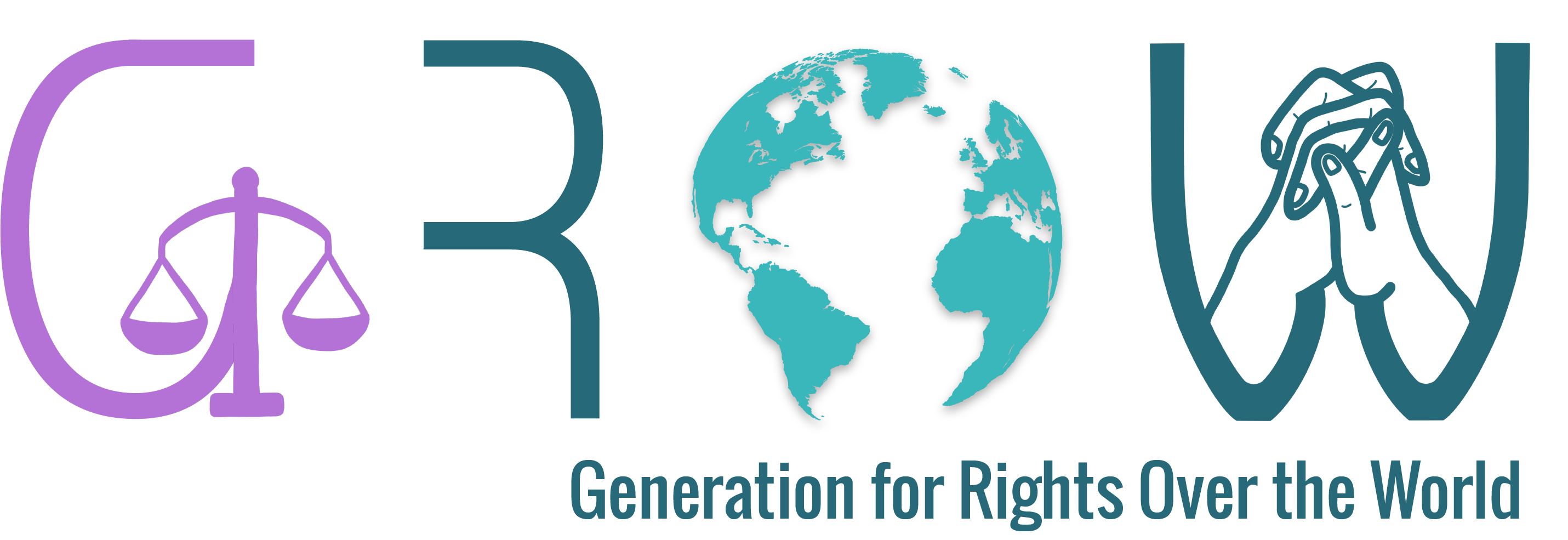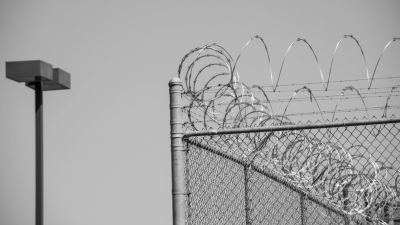The World Conference on Cultural Policies of Mexico (1982) defines culture as “the whole complex of distinctive spiritual, material, intellectual and emotional features that characterize a society or a social group. It includes not only arts and letters, but also modes of life, the fundamental rights of the human being, value systems, traditions and beliefs”. Every group has cultural practices and beliefs, some are beneficial to all members, and others can be threatening for some minorities. Culture is an essential matter to take into account when talking about human rights, because cultural traditions and beliefs may be in conflict with certain international treaties and the promotion of specific values, which to some people, may be stronger than law.
The human rights project, resumed in the Universal Declaration of Human Rights, aspires to be “universal”. However, some scholars and activists are not agreeing with this statement. For example, according to Makau Mutua, human rights are expressing western values and are close to imperialism, reflecting a culturally biased ideology, linked with the Eurocentric colonial project, as a continuity of the civilization mission pursued in the past (Mutua, M. (2001). Savages, Victims, and Saviors: The Metaphor of Human Rights. Harvard International Law Journal, vol. 42, No. 1, pp. 201-245). As universality is not an easy task and can be seen more as an aim than a reality, it is important – even though it makes things more complex – to take into account the plurality of identities to try to promote human rights at a global level. Culture can also be an obstacle in the sense that it takes more time and gives leverage to people not wanting to improve the respect of human rights.
As already said, all communities have a specific identity and values that can be, in part, beneficial to all individuals, but also, for some of them, harmful to some minorities, such as women. Female genital mutilation, early marriage, control of fertility, honour crimes, female infanticide, are all examples of the pressure on women related to traditional cultures of some peoples and religions (OHCHR (1995). Harmful Traditional Practices Affecting the Health of Women and Children Fact Sheet No 23. Ohchr.org). Most societies around the world are “patriarchal” in the sense that power is male-dominated in the society and in individual relationships. These patriarchal cultures are obstacles in the respect and promotion of human rights, and in particular, women’s rights. Culture is an obstacle to the respect of human rights as it can be used to justify gender violence and inequalities, evoking traditional beliefs and practices (UNFPA (2010). Promoting Human Rights Across Cultures. Unfpa.org). Culture influences how gender violence is viewed in the patriarchal society: minimized, if not ignored. Discriminations and violence against women are illegal in many countries, and yet they persist. They do so because they are deeply rooted within some cultures (Schalkwyk, J. (2000). Questions about culture, gender equality and development cooperation. Canadian International Development Agency, Gender Equality Division).
Taking the example of Africa, the African Charter on Human and People’s Rights and the Protocol to the African Charter on Human and Peoples’ Rights on the Rights of Women in Africa are two texts against discrimination and protecting the equality between genders. Furthermore, every African State is a party to at least one international treaty prohibiting gender discrimination or in favour of equality between genders (Ssenyonjo, M. (2007). Culture and the Human Rights of Women in Africa: Between Light and Shadow. Journal of African Law, Vol.51, No. 1, pp. 39-67). However, harmful traditional practices still exist in African States, including the practice of female genital mutilation, scarification and ritual killing of children, corporal punishment, acceptance of domestic violence towards women, forced and/or early marriages or polygamy. Many customary laws discriminate women in the areas of inheritance, marriage and divorce. Furthermore, the African Charter on Human and Peoples’ Rights emphasizes traditional African values and traditions without addressing the concerns of many customary practices, harmful for women. By ignoring crucial issues such as marriage, the Charter fails in protecting women’s human rights (Ssenyonjo, 2007).
Forced marriage and polygamy are still common practices in some parts of Africa (Patience, submission, rivalry: the forced fate of women in the Sahel). That shows that cultural traditions can be an obstacle to the promotion of human rights. According to the Human Rights Committee, polygamy discriminates women and violates their dignity (Ssenyonjo, 2007). The African Women’s Rights Protocol is supposed to prohibit discrimination against women and guarantees women’s right to dignity. The article 2(1) recognized that “States Parties shall combat all forms of discrimination against women through appropriate legislative, institutional and other measures”, and under article 2(2), “States Parties shall commit themselves to modify the social and cultural patterns of conduct of women and men through public education, information, education and communication strategies, with a view to achieving the elimination of harmful cultural and traditional practices and all other practices which are based on the idea of the inferiority or the superiority of either of the sexes, or on stereotyped roles for women and men”. Polygamy under the Protocol is not seen as one of the practices violating the dignity of women, and States parties to the protocol only need to “encourage” monogamy. This is because “Sharia and many customary personal law systems recognized the rights of men to marry more than one wife” (Ssenyonjo, 2007). So, we can see here the negative influence the traditional culture can have on the respect of human rights in certain States.
Moreover, every year, more than twelve million girls are married by force according to Plan International, one in five forced marriages taking place before the girl’s 18th birthday. These girls have their rights to childhood and education stolen. The prohibition of forced marriage is however present in article 16(2) of the Universal Declaration of Human Rights, which recognized that “marriage shall be entered into only with the free and full consent of the intending spouses”.
Despite a wide range of human rights instruments protecting the human rights of African women, these rights are far from being all respected. Culture has therefore concrete negative effects on the rise of women’s rights.
As shown in the spread of women’s rights in Africa, law is not sufficient, as culture has such a huge influence on the values and behaviors of peoples. Law is necessary, but also needs to be supported by widespread efforts. Human rights require to be promoted in the context of individuals, families and communities at the local level. Change cannot be imposed from the outside. The principles of human rights – to be accepted and respected – must be internalized by the communities and the individuals. Dialogue between different actors – governments, international organizations, NGOs, Human Rights defenders, etc. – is therefore essential. Change can also happen thanks to education, to deconstruct the stereotypes and encourage the individuals to be aware of their values and the rights they should have.
To end with, it is important to highlight that cultures and religions share common denominators with some universal standards: human equality and tolerance. Therefore, culture is not necessarily an obstacle to human rights, it could even be a tool for their understanding and promotion.







